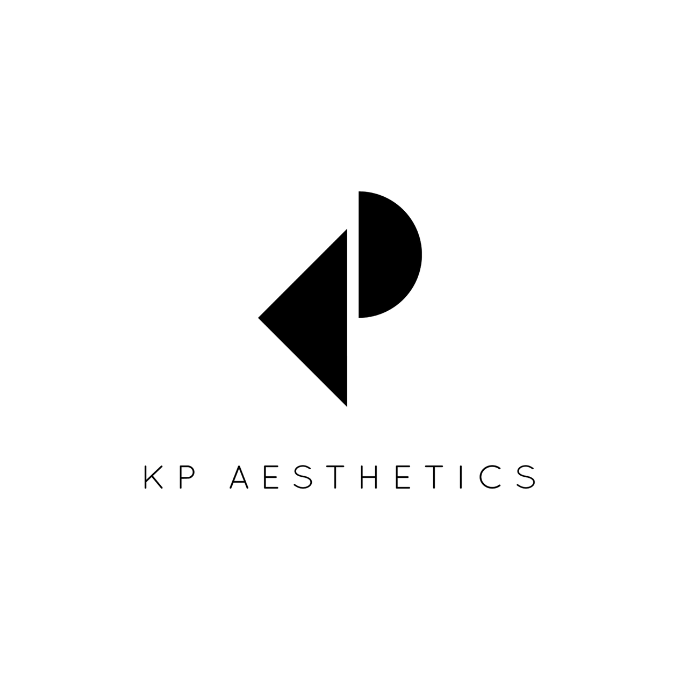– Or rather than cracked, perhaps we should say stretched, stuck, peeled.
Activated Charcoal face masks have been condensing YouTube, magazines, and shop shelves for some time, with the promise of clear, smooth skin. Since it seems to have taken the beauty and skincare markets by storm, should we too be jumping in line to get our fill of black, gloopy – stuff? As an aesthetics nurse I ask, what is the science behind this craze? How exactly does our skin benefit from its application, if at all?
The Idea Behind Charcoal Face Masks
Activated charcoal has been used for centuries as a skincare ingredient; only recently has it hit the mainstream. It is said that charcoal can absorb and extract dirt and excess oil which clogs up our pores producing spots and a dull complexion. For this reason, charcoal is often associated with and seen accompanying acne treatments.
The key is activated charcoal. Unlike the clumps of coal we hope to use on the BBQ this spring and summer, activated charcoal has a spongy structure which makes it more absorbent. This enables it to soak up the dirt, dead skin cells and excess oils trapped in our pores. Its presence in a face mask should allow these impurities to be extracted and rinsed away thereby clearing blemishes, reducing the appearance of spots, and encouraging skin cell renewal. In short, you should be left with cleaner, clearer skin.
Charcoal Face Masks: Pain is Gain?
You may have done some research into activated charcoal products yourself. You may have involuntarily, or out of curiosity, watched one or two, or more of the plethora of viral YouTube videos documenting the excruciating peeling off of these face masks. If that’s the case, you are probably already familiar with the equally agonising disappointment when the stretchy sheet is not filled with the contents of your clogged pores.
It seems that once the tears have stopped streaming, and the redness of a swollen face begins to ease, what’s left is very smooth skin. However, the reason our skin feels soft after is because we have effectively stripped our face of all the tiny (vellus) hairs and a surface layer of skin. The face has essentially suffered an extreme exfoliation that in addition to ripping away skin cells and baby hairs, has also taken the balanced natural oils that keep our skin healthy and hydrated.
Aesthetic Treatments for Acne-Prone Skin
Many people turn to activated charcoal face masks to reduce the appearance of acne or break outs. However, there is very little, if any, viable research into the effectiveness of these face masks. There are a number of non-surgical treatments that are scientifically proven to effectively target these particular skin conditions. At my aesthetics clinic in Hale, Altrincham, I help clients with mild to severe acne. During a free consultation, we are able to put together a bespoke treatment plan that best manages and cures their skin problem and skin-type whilst absolutely ensuring safety and support. A popular and effective method uses ZO Skincare treatments, a range of prescription products which help to achieve and maintain balanced, healthy skin whilst reducing redness.
From the KP Aesthetics Clinic, we are proud to treat a myriad of skin-conditions, from acne to ageing. I work with a desire to restore confidence from the best skincare products and treatments available. Get in touch to take the first step in repairing your self-esteem, without the agony of a skin-screaming charcoal face mask!

